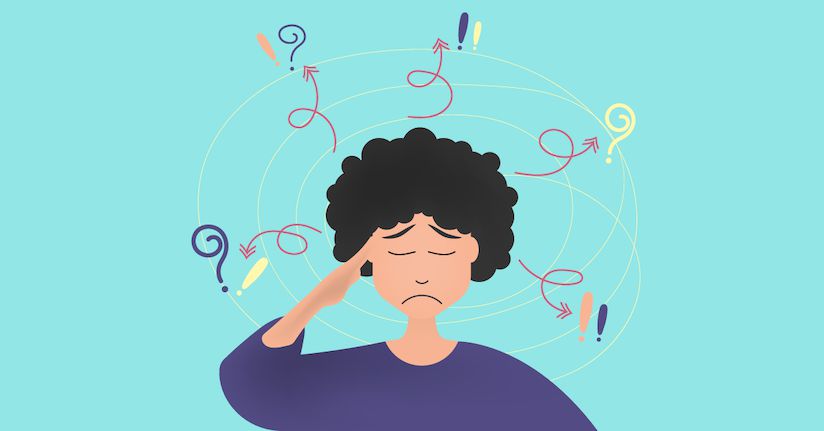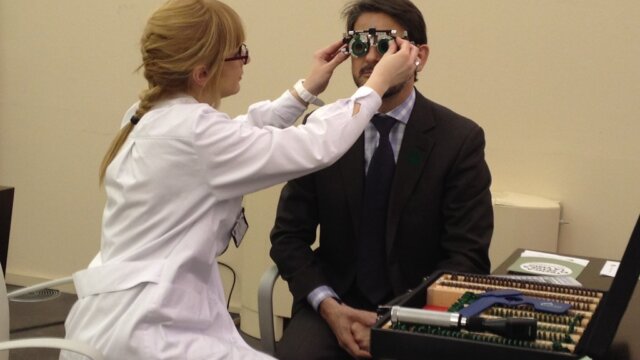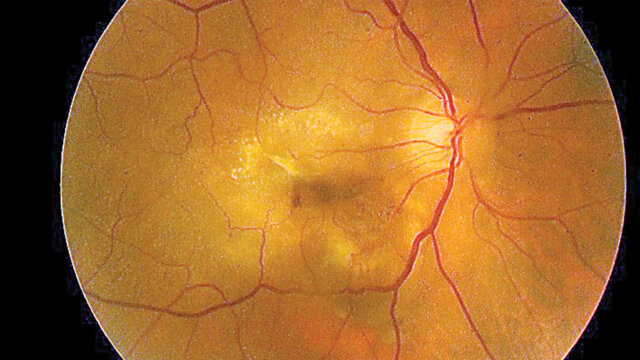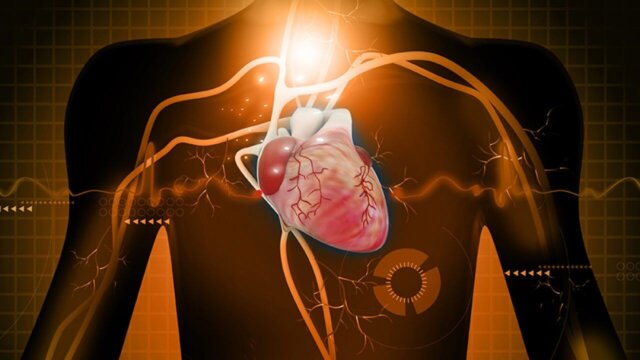FTC disclaimer: This post may contains affiliate links and we will be compensated if you click on a link and make a purchase.
You would be wondering and want to know how vestibular migraine can cause Vertigo.
A migraine is a highly debilitating chronic ailment across the world. It is almost equally prevalent as high blood pressure, hypertension, diabetes, and asthma.
Vestibular migraine is a condition that can cause vertigo, which is a feeling that you are spinning even when you are not. It is caused by a problem with the vestibular system, which is responsible for the balance.
Vestibular migraines are more common in women than men and usually occur between 20 and 50. The exact cause of vestibular migraines is unknown, but they are thought to be related to changes in brain activity.
Most individuals develop migraine issues during the most productive years of their lives, that is, between 20 – 40 years.
Despite enhanced efforts to enhance public awareness and better diagnostic capabilities, it is believed that 50% of individuals suffering from a migraine go mismanaged and undiagnosed.
What is Vestibular Migraine?

Often deemed as ‘a sick headache’, this disorder is characterized by severe progressive head pain, the onset of pain in the head, pounding, throbbing, and interference with the person’s routine activities.
This disorder is known as a vestibular migraine when repeated dizziness or vertigo in individuals accompanied with or without a headache.
This disorder is also known as Migrainous vertigo, Migraine-associated vertigo, and migraine-related vestibulopathy.
Vestibular Dysfunction and Migraine
Almost 40% of patients suffering from migraines are accompanied by a vestibular syndrome involving balance and dizziness disruption.
Such symptoms might be experienced before, during, or even after the course of a migraine event.
A few interesting parallels exist between migraine and non-migrainous vestibular disorder. Most environmental and food triggers for migraineurs are the same for patients with non-migrainous vestibular dysfunction.
Foods, hormonal fluctuations, and climatic changes often increase the severity of both conditions.
Eventually, certain medications and diet modifications can help manage migraines and vertigo.
But one important aspect is that such ways to manage the disorder often fail to resolve headache and vertigo problems completely.
Symptoms of Vestibular Migraine Resulting in Vertigo
A vestibular migraine correlating with vertigo may include but is not limited to various symptoms, like
- Dizziness
- Intolerance of motion concerning head, eyes, or entire body
- Spontaneous Vertigo Attacks
- Vomiting and Nausea
- The reduced focus of the eye with photosensitivity
- Tinnitus and Sound Sensitivity
- Loss of balance and Ataxia
- Cervicalgia or Neck Pain associated with muscle spasms
- Spatial Disorientation
- Anxiety
- Pain
- Confusion accompanies altered cognition
How can vestibular migraine Cause Vertigo?
In most cases, a migraine is associated with benign recurrent vertigo or adults or the paroxysmal vertigo of childhood.
But, it is also possible that some vestibular migraine patients may also show symptoms of Benign Paroxysmal Positional Vertigo or BPPV even when the migraine event has ceased.
This is mainly because of a combination of vascular events that alter neural activity linked to migraine.
It is considered that such changes more commonly affect the superior part of the vestibular nerve or the utricle and anterior vestibular artery than the inferior part of the vestibular nerve and posterior vestibular artery.
This explains that most results obtained within the normal range are often availed with the vestibular evoked myogenic potentials or VEMP testing of migraine patients when the true BPPV has not occurred.
The symptoms of a migraine can happen with pain and dizziness or can occur with dizziness and without pain.
Individuals suffering from a migraine can experience vertigo at any point in time. Even vertigo resulting from a migraine can be accompanied by or without movement.
Such symptoms may last for a couple of seconds or a few days. The attacks often occur in groups, instigating and stopping for a specific period of time.
Vertigo occurring from a vestibular migraine is a very common disorder. Once vision changes, vertigo is one of the most frequently reported symptoms, particularly with those experiencing “a migraine with aura.”
An understanding of migraine with Aura Resulting in Vertigo
A migraine with aura, also known as classic migraine, is accompanied by aura features and headaches.
The characteristics of the aura are similar to those of migraine with aura features. The common characteristics of migraine with aura are:
- One reversible symptom of aura indicating CNS or focal central nervous system dysfunction is tinnitus, vertigo, ataxia, dysarthria, reduced hearing, paresthesias, double vision, reduced levels of consciousness, and paresis.
- Symptom of aura developing gradually over more than 2 minutes
- A headache occurring during, before, or after 60 minutes of the aura
If the aura characteristics continue to occur with a migraine, then two or more symptoms can be experienced, such as:
- Vertigo
- Tinnitus
- Visual Symptoms in Hemifields of Both Eyes
- Ataxia
- Double Vision
- Dysarthria
- Bilateral Paresthesias
- Bilateral Paresis
- Reduced levels of Consciousness
- Visual disturbances in both hemifields of both eyes
If you are experiencing severe vertigo, then it can result in difficulty in walking or standing. Even it can lead to nausea.
If the problem persists, it can result in another symptom of light sensitivity, also known as photophobia.
Outlook
Vestibular migraine is a type of migraine that can cause vertigo.
If you experience vertigo, you must see a doctor to rule out other causes. Vestibular migraine is a treatable condition, so there is no need to suffer from vertigo.








